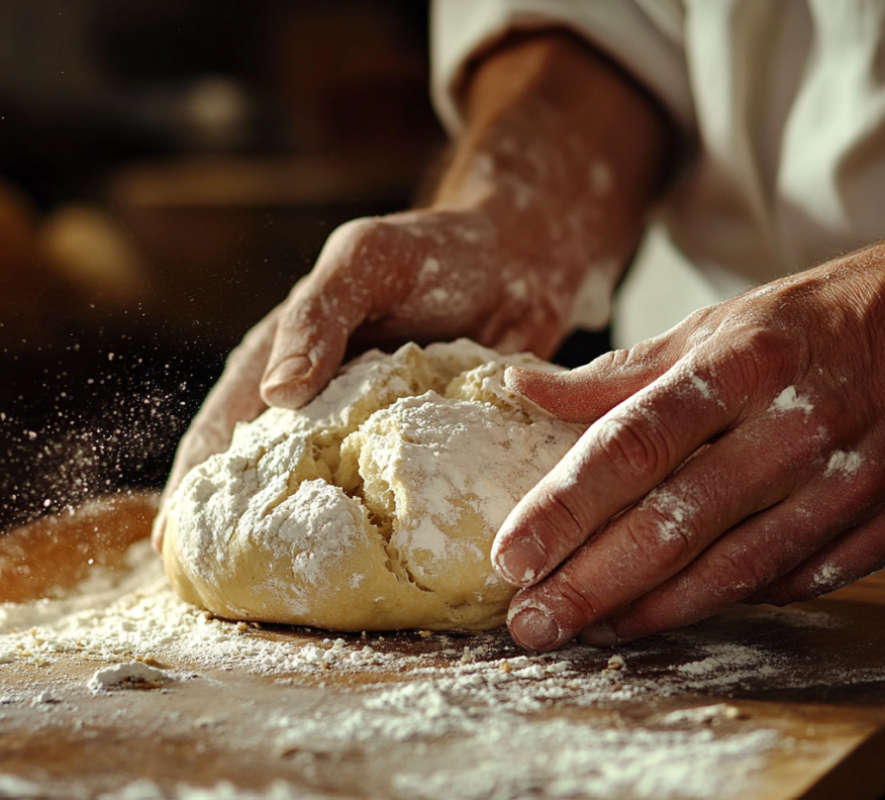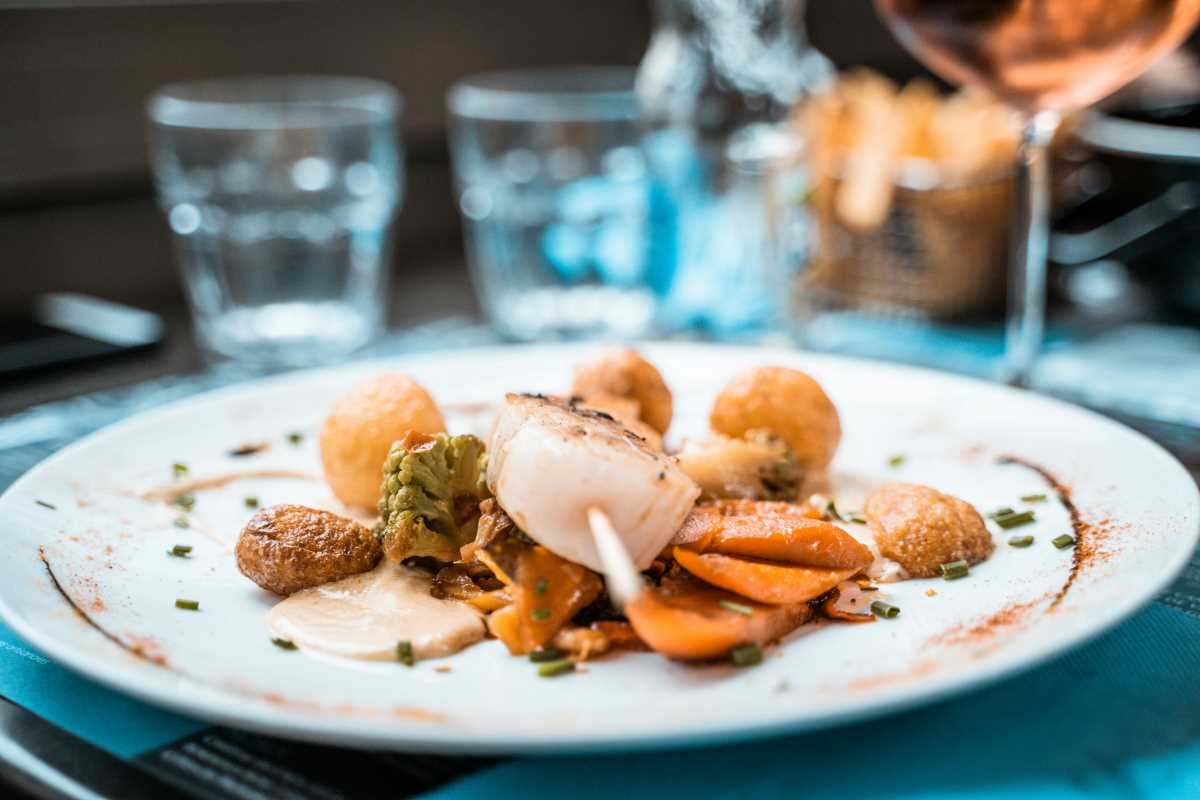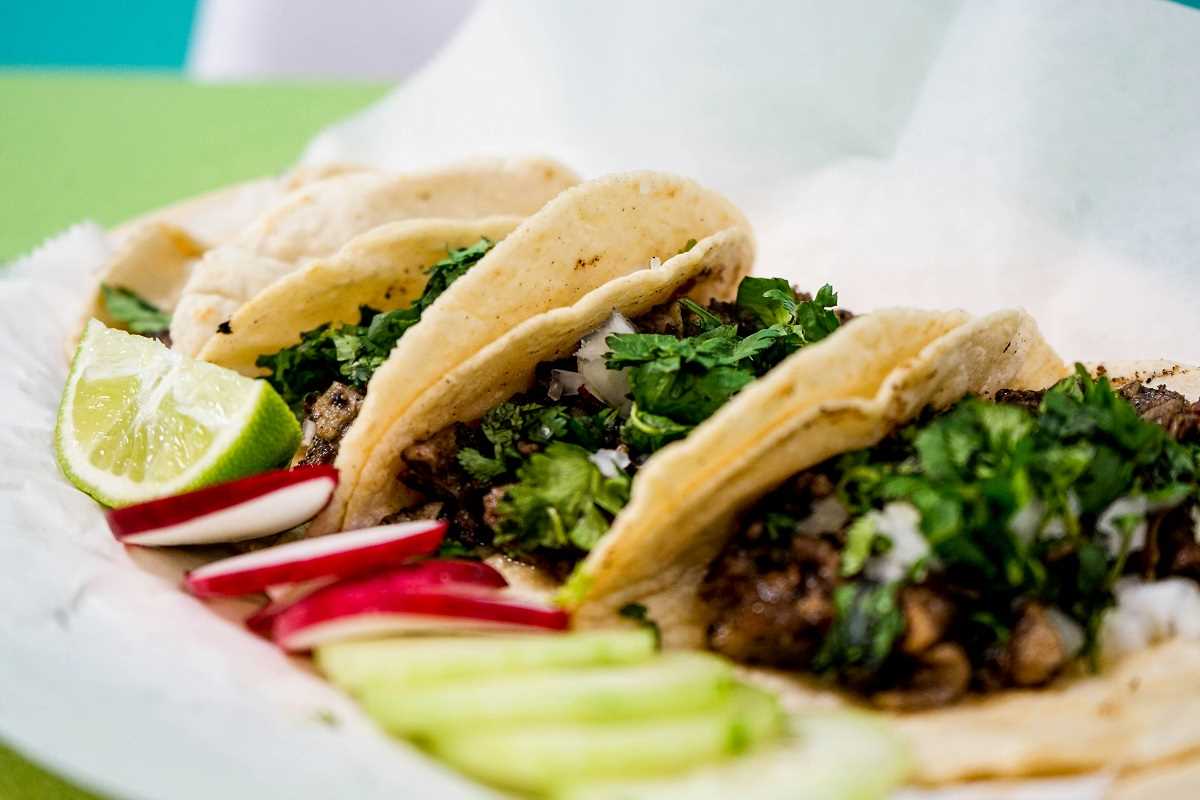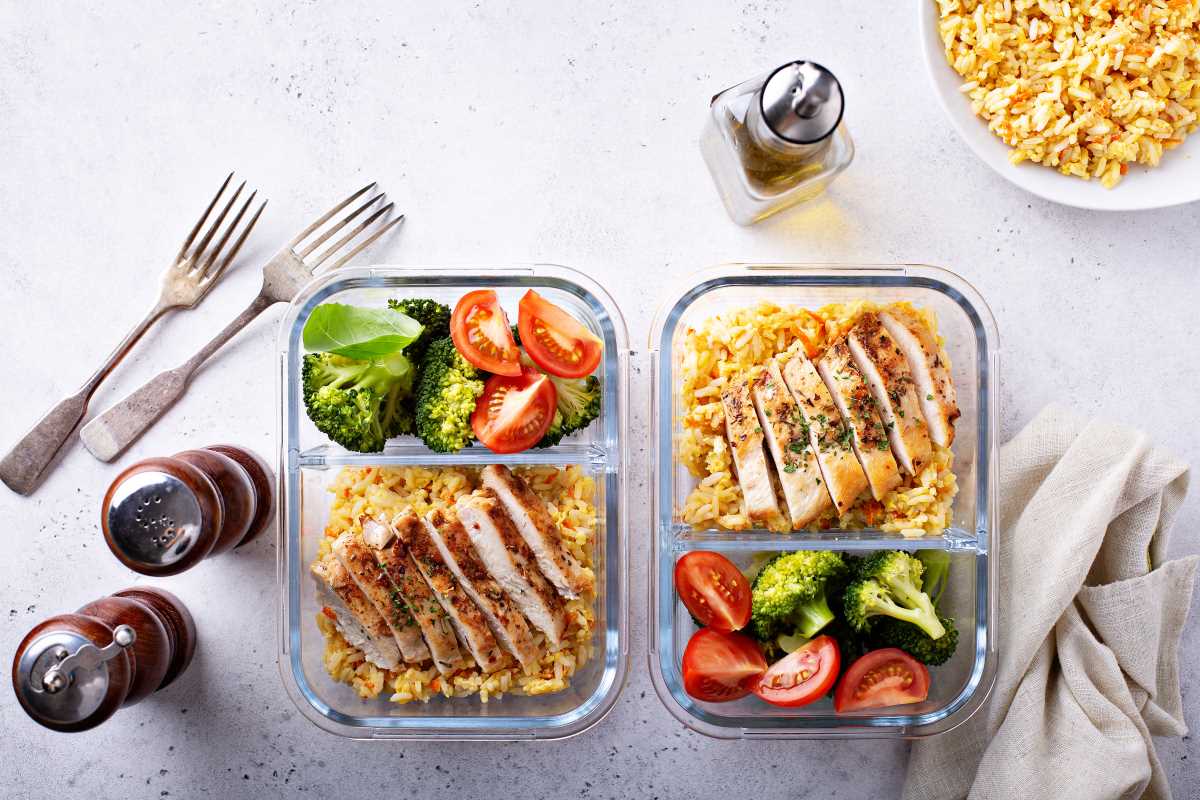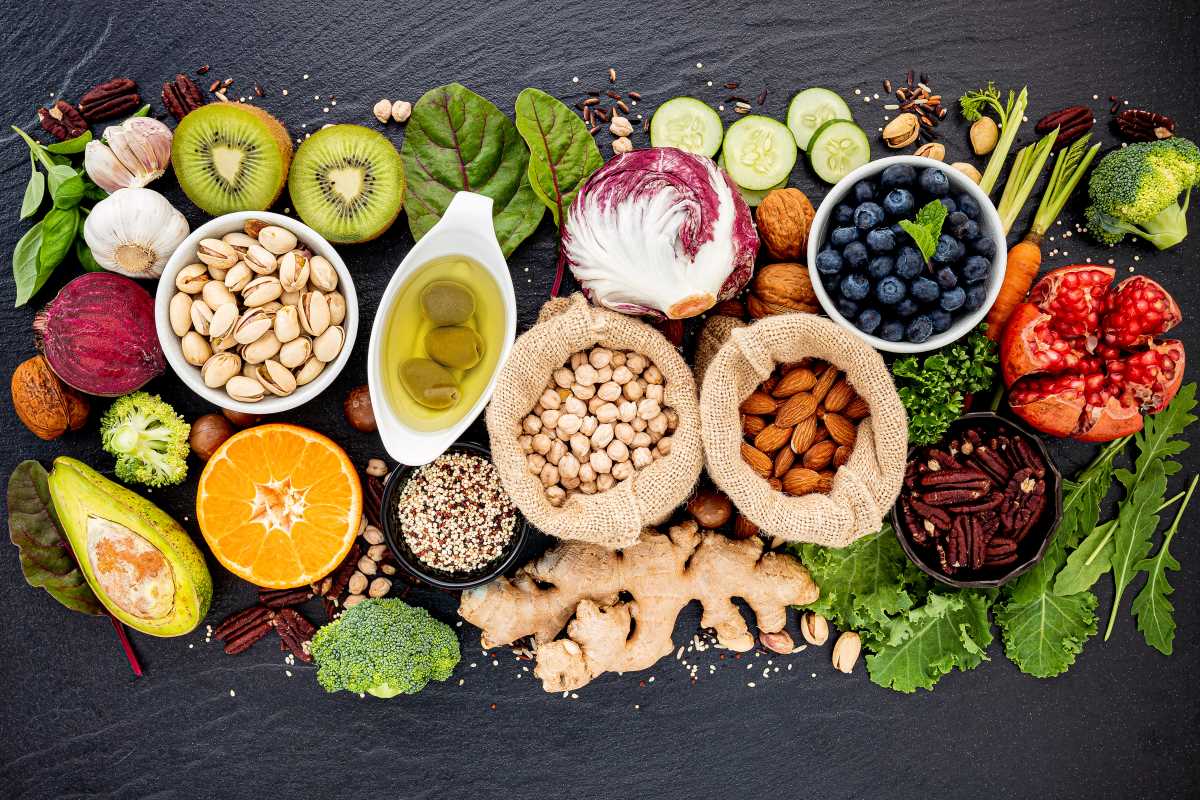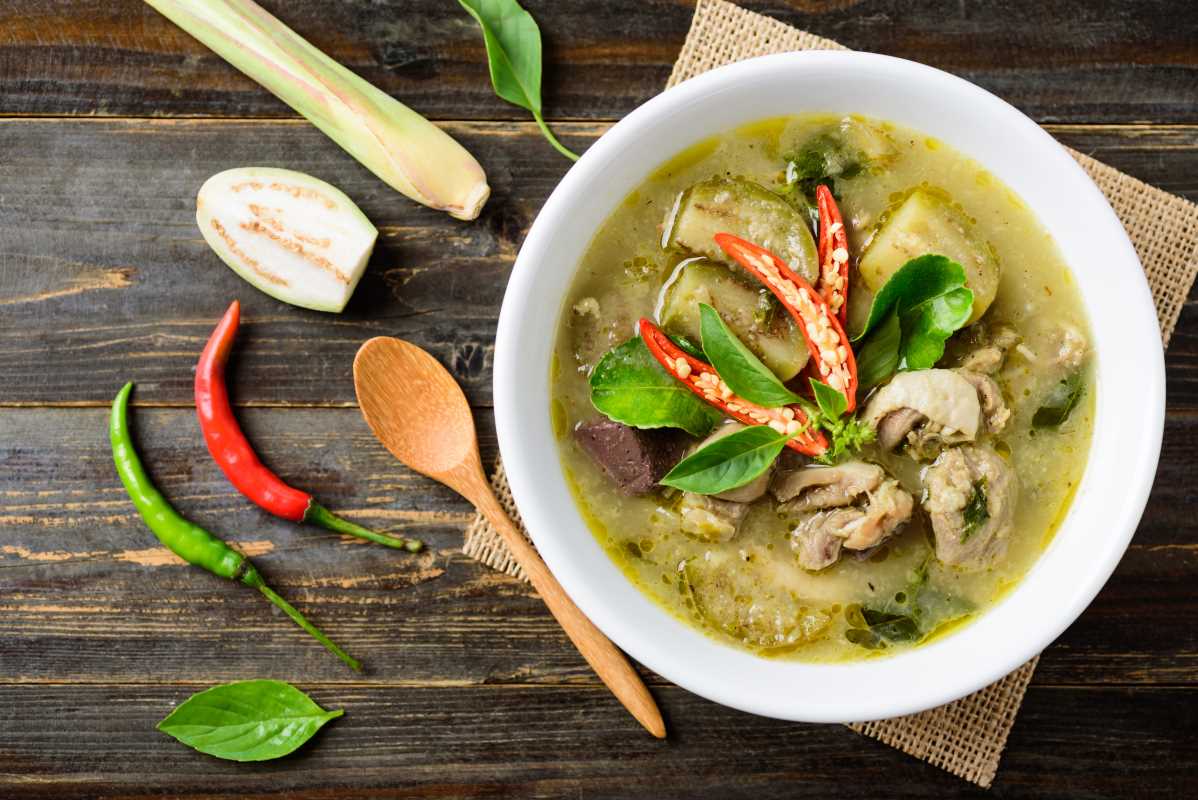Running a home-based business involves wearing many hats, and that often leaves little time for culinary exploration. Yet, bringing vegan baking into your daily life can be a refreshing and enjoyable way to break from routine. This approach not only introduces a healthy twist for you and your family but also presents a potential niche if you're considering expanding your business. By experimenting with unconventional ingredients, you can elevate your baking skills, ensuring your creations stand out with both flavor and visual appeal, capturing the attention of anyone who tries them.
The Power of Aquafaba
Aquafaba, the liquid leftover from cooking chickpeas, has taken the vegan baking world by storm. Its versatility and ability to mimic egg whites make it an invaluable ingredient for various recipes.
- Egg Replacement: Aquafaba can replace eggs in recipes like meringues, mousses, and macarons, providing the necessary structure and fluffiness.
- Binding Agent: It helps bind ingredients together in cakes and cookies, ensuring a cohesive texture without compromising on taste.
- Foaming Agent: When whipped, aquafaba creates a stable foam, perfect for adding volume to your baked goods.
Integrating aquafaba into your baking routine is simple. Start by reserving the liquid from a can of chickpeas or cooking your own. Measure it out; typically, three tablespoons of aquafaba equal one egg. This substitution caters to vegan diets and enhances the moisture and tenderness of your baked items.
Discovering Sweeteners
Traditional sweeteners like refined sugar are common in baking, but exploring natural and unconventional sweeteners can add depth and unique flavors to your creations. Options such as maple syrup, agave nectar, and date paste provide a rich sweetness while contributing additional nutrients.
For instance, maple syrup adds a distinct caramel flavor that pairs wonderfully with spices like cinnamon and nutmeg. Agave nectar offers a mild sweetness that's perfect for delicate cakes and pastries, ensuring a smooth texture without overpowering other flavors. Date paste, made by blending soaked dates, introduces a natural sweetness along with fiber and potassium, making your baked goods not only tastier but also slightly healthier.
Experimenting with these sweeteners allows you to tailor the sweetness level and flavor profile of your baked goods, offering a more customized and health-conscious product to your customers or family.
Flours That Flourish
Choosing the right flour is crucial in vegan baking, as it affects the texture, structure, and overall outcome of your baked goods. Here are five types of flours and their unique properties:
- Almond Flour: Made from finely ground almonds, it adds a moist texture and a nutty flavor, ideal for cakes and cookies.
- Coconut Flour: Highly absorbent, it requires more liquid in recipes but imparts a subtle coconut taste, great for pancakes and muffins.
- Oat Flour: Offers a mild, slightly sweet flavor and a soft texture, perfect for quick breads and scones.
- Chickpea Flour: Adds a dense and hearty texture, making it suitable for savory pastries and breads.
- Rice Flour: Provides a light and crisp texture, ideal for coating and binding ingredients in various baked goods.
By understanding the properties of each flour, you can select the best one for your specific recipe needs, ensuring consistent and delicious results every time you bake.
Alternative Dairy Delights
Dairy-free alternatives have come a long way, offering a range of options that perform similarly to traditional dairy products in baking. Plant-based milks like almond, soy, oat, and coconut milk can seamlessly fit into your recipes.
For instance, almond milk provides a light and slightly sweet flavor, making it suitable for cakes and cookies. Soy milk has a creamy texture that works well in frostings and custards, while oat milk adds a mild sweetness and smooth consistency ideal for pancakes and muffins. Coconut milk, with its rich and creamy nature, is perfect for decadent desserts like cheesecakes and creamy pies.
These alternatives not only cater to those with dairy allergies or lactose intolerance but also introduce new flavors and textures to your baking repertoire, allowing for greater experimentation and innovation.
Spice Things Up
Spices can transform a simple recipe into something extraordinary. Creating custom spice blends tailored to your family's preferences can elevate your vegan baking to new heights. Experiment with combinations like cinnamon and cardamom for a warm, inviting flavor or incorporate exotic spices like turmeric and ginger for a unique twist.
Using spices thoughtfully enhances the natural flavors of your ingredients, adds complexity to your baked goods, and provides a sensory experience that delights both you and your customers. Don't be afraid to experiment with different spice combinations to discover what works best for your recipes.
Incorporating unconventional ingredients in vegan baking enhances flavor and texture, setting you apart in the competitive market. Experimenting with aquafaba, natural sweeteners, diverse flours, and unique spices allows you to create innovative baked goods that appeal to health-conscious consumers. Embrace these ingredients to offer something special and succeed in your home-based business.
 (Image via
(Image via